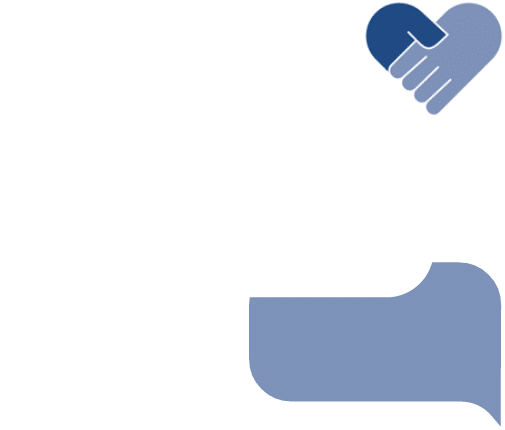Addiction and Mental Health Disorder Intervention Services in Idaho
Our S.A.F.E.® (Self Awareness Family Education™) Addiction and Mental Health Intervention Services in Idaho are for Families of Loved Ones who Do Not Want Help or Hit Bottom
Families of loved ones with addiction and mental health struggles in Idaho and elsewhere often choose a path of inaction. There are many reasons for this, none more significant than the fear of the unknown. Over time, families slowly adapt to the chaos, drama, confusion, and stress. As families take on maladaptive behaviors and coping skills, they also sink into specific dysfunctional family roles. The roles that family members take on start to work against each other and work against their loved ones in need of help for addiction and mental health concerns. Add in society trying to convince you that you can do nothing until someone wants help, asks for help, or hits bottom, and you have a recipe for failure.
As professionals, we can see this formation and its effects from the balcony from an unbiased perspective. We try to explain these facts to families, but they are often met with resistance as if they are immune to the textbook science of this occurrence. Families are frequently offended when we try to help them understand the problem is them and not their loved ones. Before we go any further, let us explain. The family is not the cause of the problem. The family is mainly responsible for the problem not getting better or worse, and here is why. When a family takes on maladaptive coping skills and falls into a dysfunctional family role, they take on extreme selfishness and become fearful that if their loved one gets well, they will have to let go of their role, their acquired coping skills, and look at themselves. Let’s face it: nobody likes change, even when it is an improvement. A change in routine is a change that makes people uncomfortable. For those reading this rolling their eyes, you can do that. For those who want to learn why this is, we can help.
The reality is that no family is immune from this happening. Every family will take on an enabler who has developed a purpose or role of being needed at the expense of their loved ones’ addiction or mental health. A spouse will be a martyr and is more worried about what will happen to them than they are concerned about helping their loved one with addiction and mental health issues. And lastly, the hero will be born in the most destructive family role. The hero will be there to sabotage the intervention in fear of the loved one getting better. A hero seeks perfectionism and praise and is scared that their loved one will get better and steal the spotlight or someone else will come up with a solution better than theirs and steal the hero’s thunder. Other roles are present and aren’t as destructive to acting as the three mentioned.
Our S.A.F.E.® Addiction and Mental Health Intervention Services in Idaho and elsewhere understand the importance of the family system interfering with the family’s ability to make decisions. One of the goals of our curriculum is to help families first so that together, we can all help the person who needs treatment for their addiction and mental health.
Meet Our Experienced Intervention Counselors

Mike Loverde, MHS, CIP
Clinical Director & Founder, Family First Intervention



Lisa Loverde, CADC
CFO & Compliance Officer
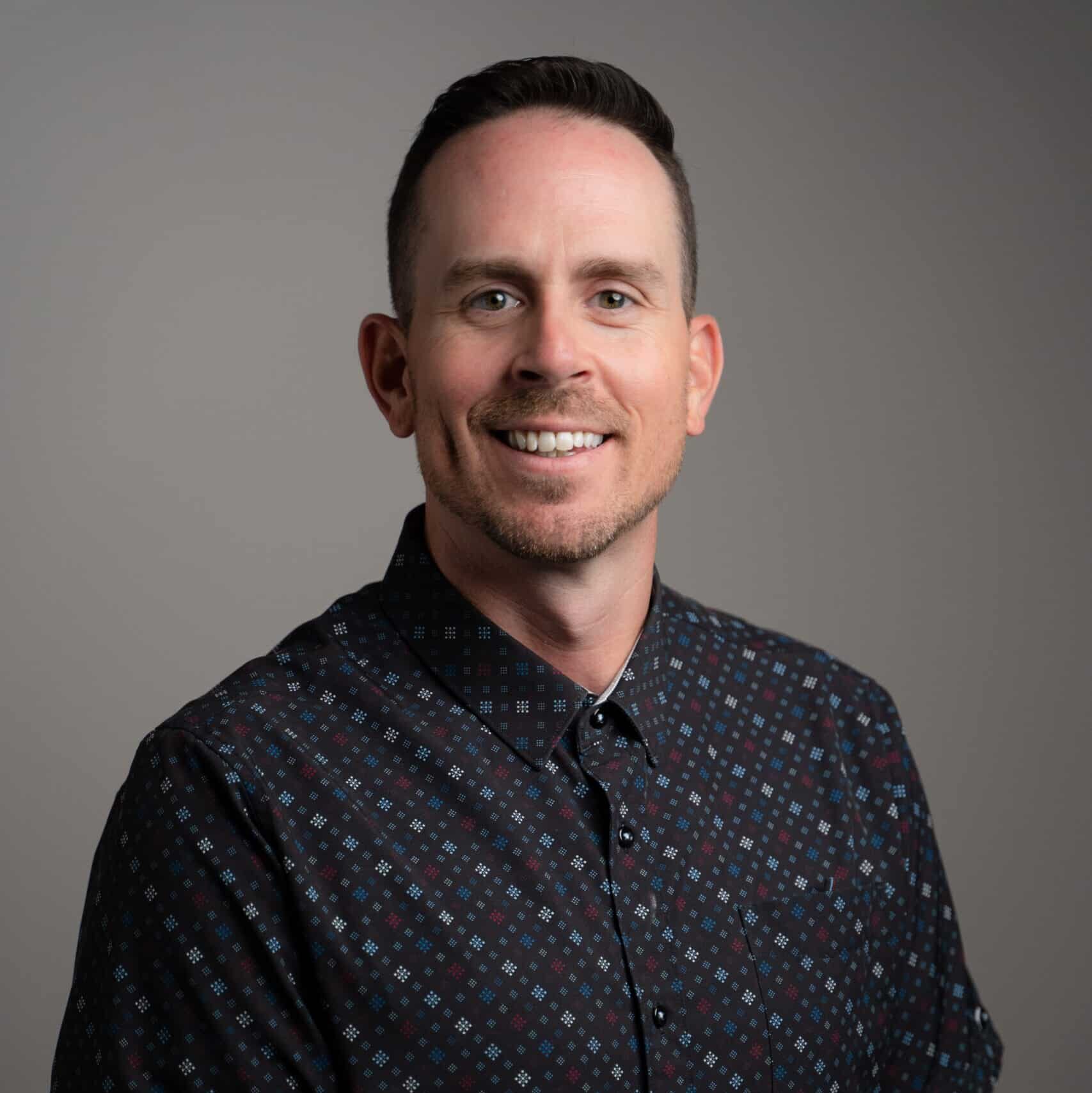


Adam Faulkner
CEO
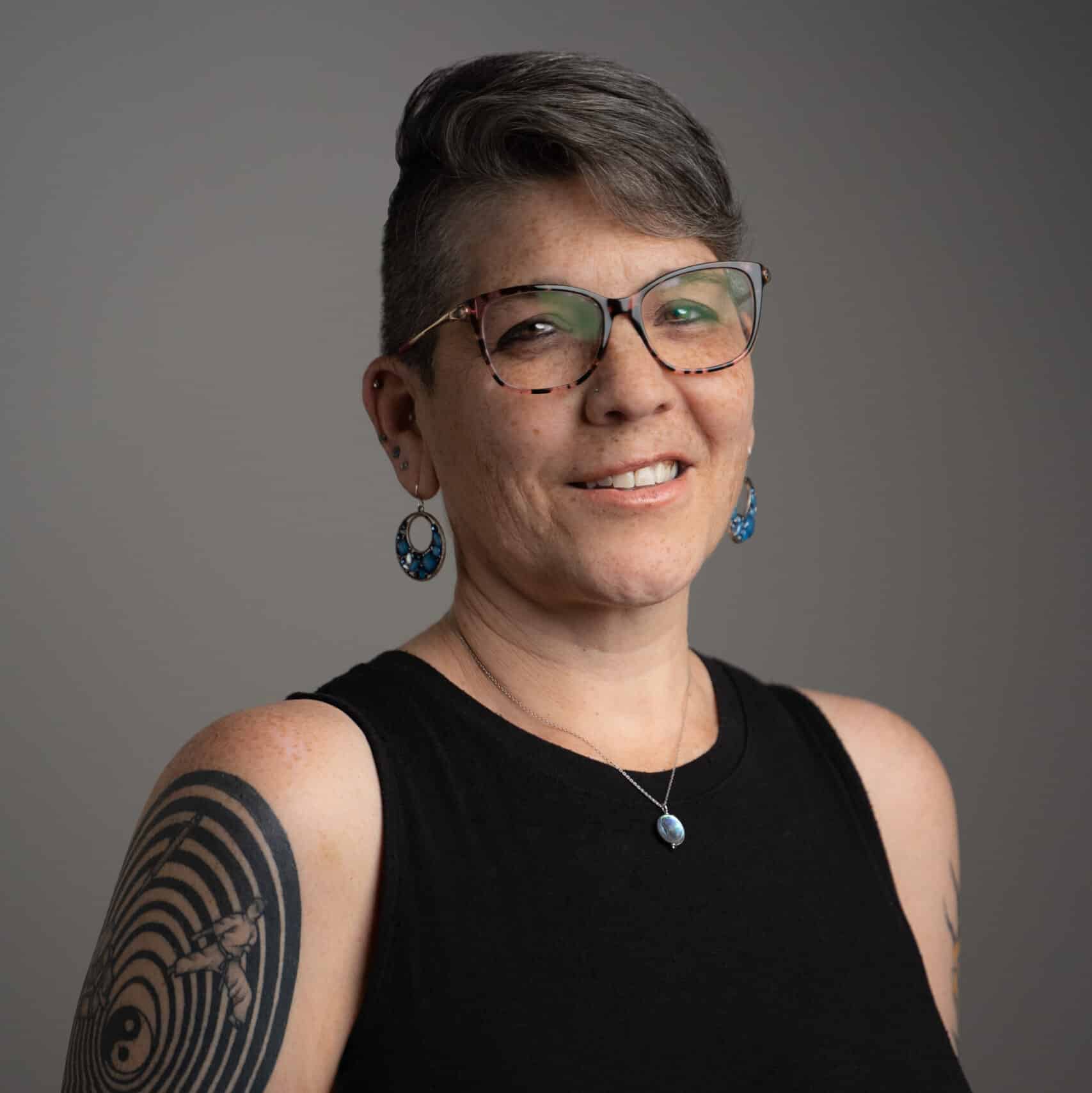


Regina Greene, MS, NLP, Psy.D. (Doctoral Candidate)
Director of S.A.F.E.® Family Recovery
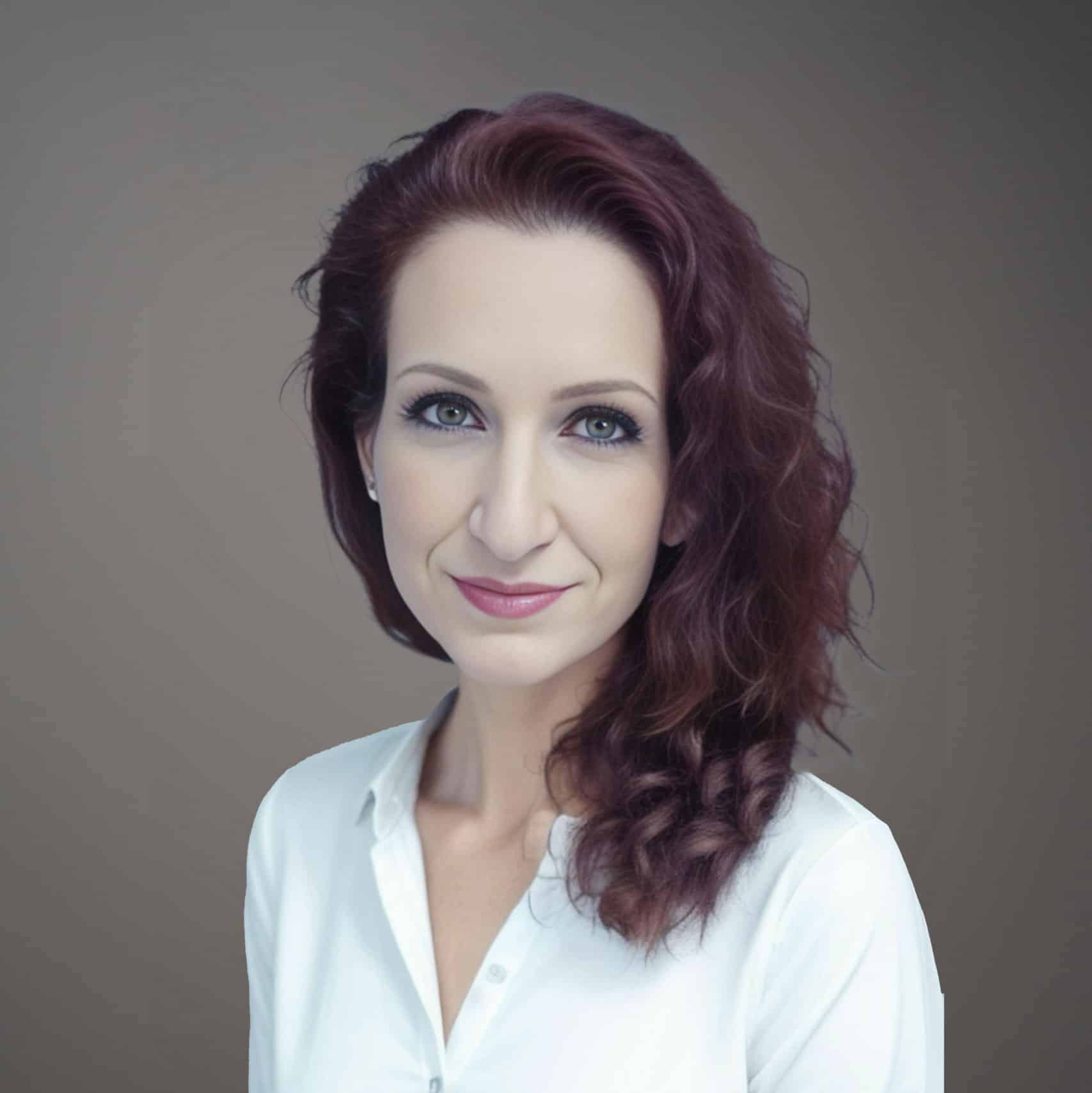


Lydia Negron, MT-BC
S.A.F.E.® Family Recovery & Post Intervention Support
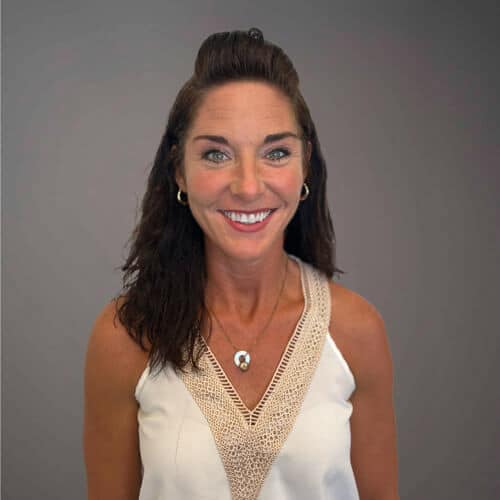


Meghan Gaydos, MA
S.A.F.E.® Family Recovery & Post Intervention Support
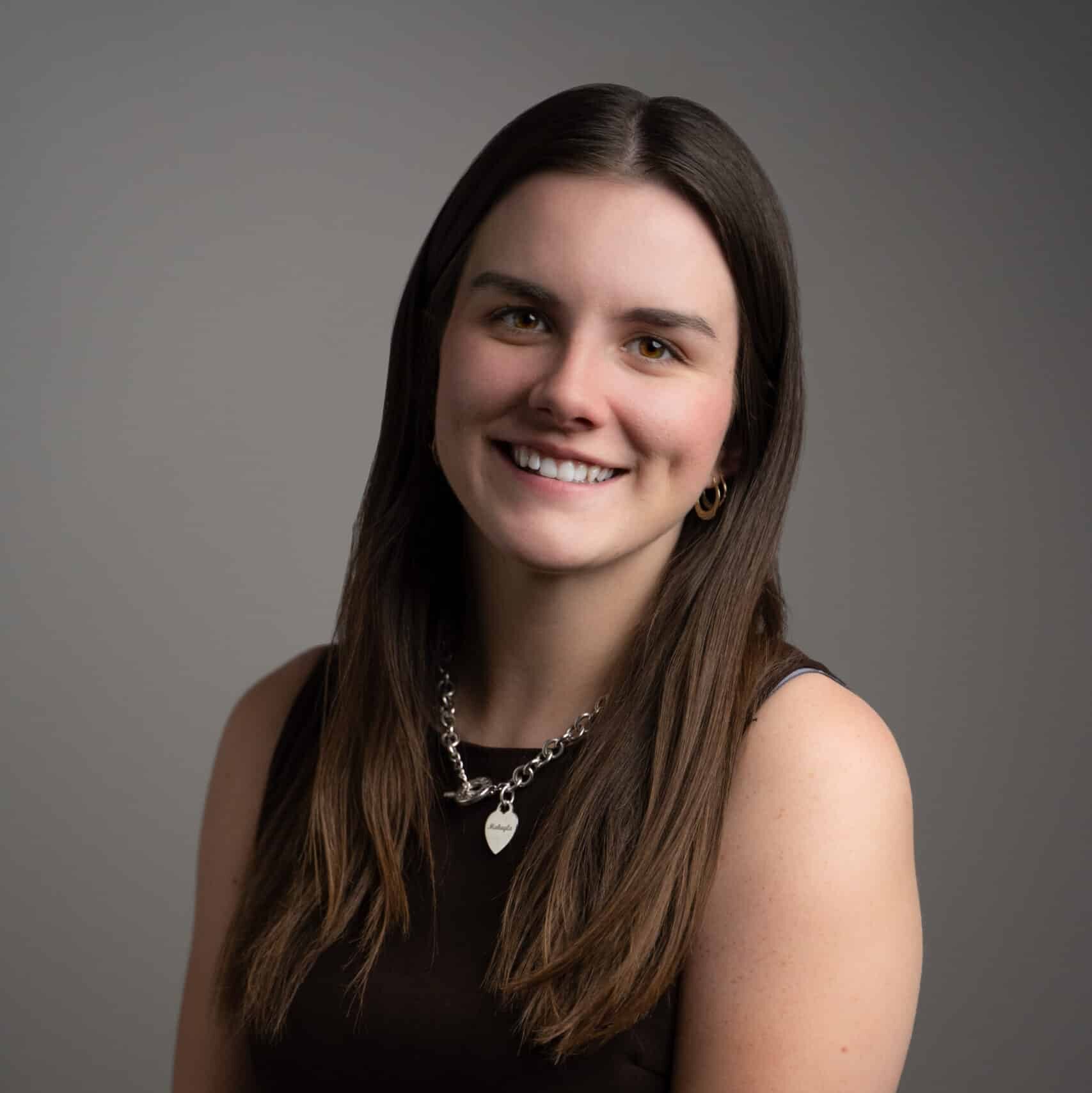


Makayla Zubal
Administrative Assistant
An intervention is not about how to control your loved one with a substance use or mental health disorder; it is about learning how to let go of believing you can.
How our S.A.F.E.® Addiction and Mental Health Disorder Intervention Services in Idaho can Help your Family and Loved Ones
Building off what you just read above, our S.A.F.E.® Addiction and Mental Health Intervention Services in Idaho and Nationwide start with helping the family first. An intervention that only emphasizes talking your loved one into treatment is not an intervention. If your interventionist and their aftercare team do not help the family understand how they got to this point, they will inevitably stay or return to where they were. Our addiction and mental health intervention services have worked with families whose loved ones have never been to treatment and with many whose loved ones have been to treatment multiple times. For those reading this whose loved ones have never been to treatment, let us help you by explaining what families of loved ones who have gone to treatment multiple times do.
Families we provide our addiction and mental health intervention services to with loved ones having had multiple treatment attempts rarely do anything for their family recovery. Many families we speak with are taken aback when we ask about things they have done to help themselves. Now, some family members need help that have done something for themselves, and never the whole family. Most people with addiction and mental health often return home to the same dysfunctional family system and environment. When this happens, the probability of an unsuccessful outcome is exponentially increased.
Our process starts with a phone call to our office. When the family agrees, we move to a family consultation call. We begin the assessment phase after the family has approved the intervention. The next step is arranging the treatment plan and the logistics for the intervention. Upon arrival, our interventionist utilizes our S.A.F.E.® Intervention and Family Recovery Coaching manual as a guide. The following day is the face-to-face intervention with your family, the interventionist, and your loved one. Regardless of the outcome, your family will move into our S.A.F.E.® program for guidance and support. The S.A.F.E.® curriculum consists of weekly family meetings with several various support groups offered throughout the week. One-on-one support is available and reserved for families actively engaged in our meetings and support groups. Families are assigned homework assignments to work on goals and process the work they do for themselves outside of the S.A.F.E.® curriculum. The outside work can include Al-Anon, Families Anonymous, CoDA, A.C.O.A. meetings, marriage and family therapy, and individual counseling. We also encourage families to participate in hobbies and self-care activities. The S.A.F.E.® Addiction and Mental Health Intervention Services and Family Recovery Coaching program is designed to help families take their lives back regardless of whether their loved one agrees to accept your gift of a second chance at life.
What to Consider when Choosing an Interventionist in Idaho to Address Addiction and Mental Health Disorder Concerns
Residents of Idaho do not have as many choices for interventionists as you would in more populous states with major cities. When looking for interventionists in Idaho, you will often find treatment centers advertising or appearing for the search term interventionists. Please ensure that when retaining an interventionist in Idaho or elsewhere, you have a professional who is not attached to a treatment center. What ends up happening when you go this route is the intervention’s focus is getting your loved one into that specific treatment center and not looking at the big picture. When this occurs, there is bias, and the family healing and recovery is not the primary purpose, not to mention the treatment center may not be the correct fit for your loved one. Remember, professional addiction and mental health interventions are about the family and their loved one’s behavior and resistance to treatment, not necessarily the diagnosis.
Some interventionists in Idaho offer a menu of services such as sober coaches, sober companions, sober escorts, and sober transport. In our experience, a sober coach or companion is a paid sponsor, something your loved one can find for free in a twelve-step support group. As far as sober escorts and transport, the need for this is infrequent and is part of the addiction and mental health intervention services. When a loved one accepts help at the intervention, other than the expenses, the escort or transport should be included in the one-time intervention fee and not an additional cost. Families who need someone to escort their loved one to treatment need intervention; this is why we rarely offer these. Having done interventions since 2005, if your loved one is willing to go to treatment, they can go there without an escort. Nobody helped them get to the bar, liquor store, or the place where they obtained drugs every day, did they?
There are rare cases when mental health, medical, or legal transportation requires a professional to escort your loved one to treatment, and for those situations, we can help. When a family pays someone to babysit their adult loved one for treatment that is physically capable of doing it themselves, that is called codependency. You’re not helping your loved one take accountability when you pay for a service that is not necessary. Allowing your loved one to transport themselves is the first step in their recovery and allows them to be held accountable for their actions. As we said earlier, there are times when this is necessary, and those times are few and far between.
Family First Intervention could offer additional services and fees to make more money. We do not do it if it does not make sense and is not about the long-term benefits or solutions. We do two things, and we do them well. Family First Intervention offers the most comprehensive addiction and mental health intervention services nationwide, and we offer the most in-depth and detailed family recovery coaching available today. At Family First Intervention, we do not have time to defer valuable resources to services with no long-term or short-term benefit. Your family has spent enough time and resources on addiction and mental health. Your resources are better utilized in your family recovery and strategies that hold your loved one accountable and break you of codependent behaviors.
“The most formidable challenge we professionals face is families not accepting our suggested solutions. Rather, they only hear us challenging theirs. Interventions are as much about families letting go of old ideas as they are about being open to new ones. Before a family can do something about the problem, they must stop allowing the problem to persist. These same thoughts and principles apply to your loved one in need of help.”
Mike Loverde, MHS, CIP


